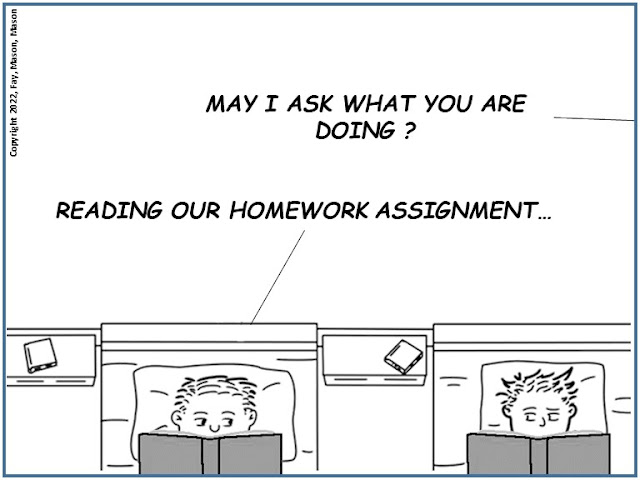“a child has done the horrid thing” [SIGN]
When Holmes and Watson come across clues in Pondicherry Lodge after the death of Bartholomew Sholto, Watson describes what they found:
“He held down the lamp to the floor, and as he did so I saw for the second time that night a startled, surprised look come over his face. For myself, as I followed his gaze my skin was cold under my clothes. The floor was covered thickly with the prints of a naked foot,—clear, well defined, perfectly formed, but scarce half the size of those of an ordinary man.”
And immediately, Watson's conclusion is:
“Holmes,” I said, in a whisper, “a child has done the horrid thing.”
Now, we know that Sherlock Holmes held a distrust of women and that he told Watson that “The most winning woman I ever knew was hanged for poisoning three little children for their insurance-money.”
But what was Watson's experience with children such that he should immediately conclude that a child killed a grown man with a poisoned dart?
Perhaps it was his experience in tormenting children on the playground, as he recounted in 'The Naval Treaty':
“On the contrary, it seemed rather a piquant thing to us to chevy him about the playground and hit him over the shins with a wicket.”
Was Watson projecting (and perhaps exaggerating) his own misbehavior when he incorrectly assumed that a child had killed Sholto?
He seems silent on the matter, as he was at Baker Street Elementary...
Baker Street Elementary follows the original adventures of Sherlock Holmes and John Watson, as they and their friends work through the issues of elementary school in Victorian London. An archive of all previous episodes can be viewed at www.bakerstreetelementary.org.






0 comments:
Post a Comment